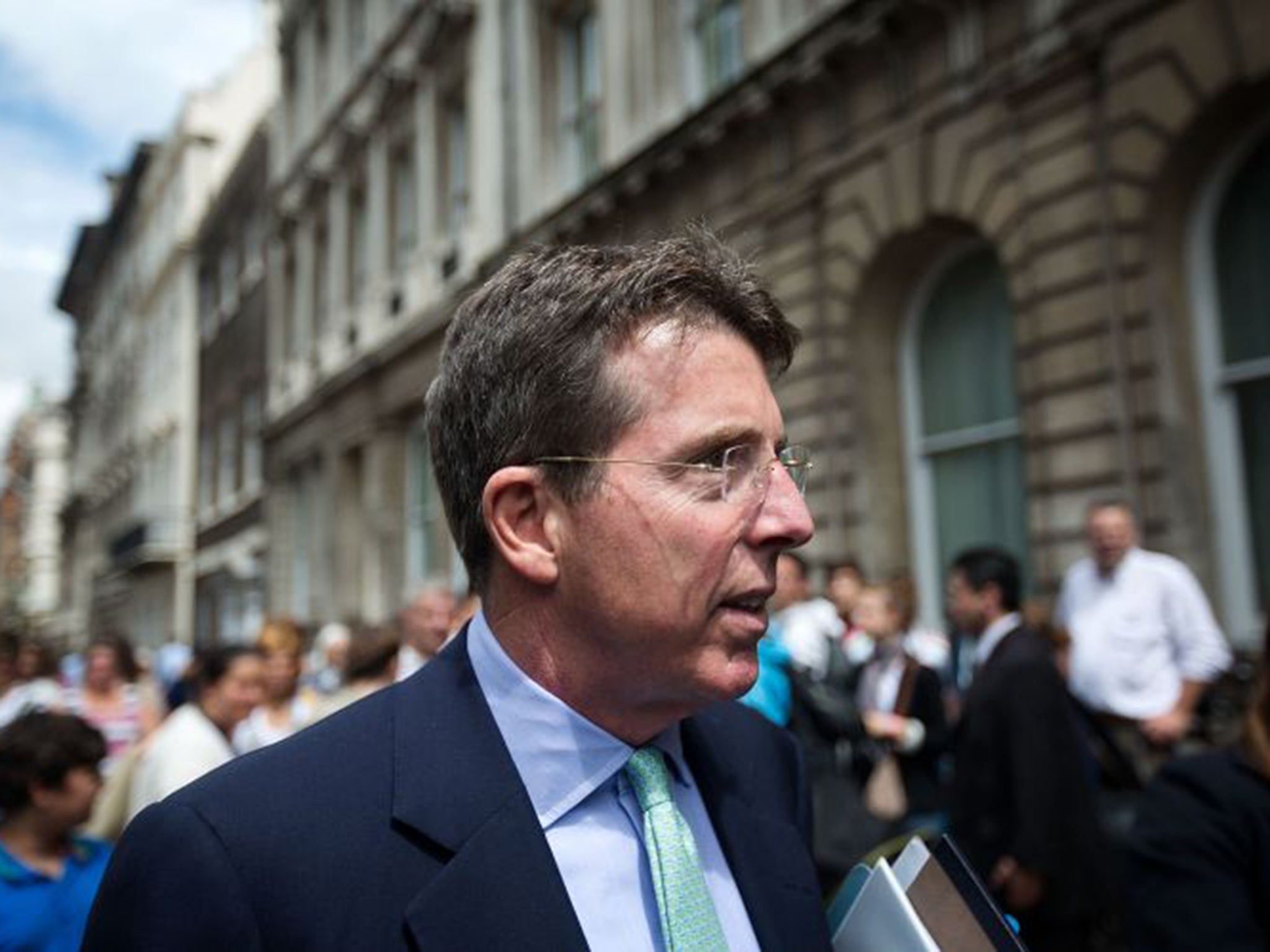Barclays fined a record £72m over ‘elephant’ deal with Qataris
Regulator says bank was so desperate for deal, it didn’t do proper checks on clients

Barclays Bank has been fined £72m for failing to conduct proper anti-crime checks on a group of super-wealthy Gulf clients because it did not want to “inconvenience” them.
The bank was so keen on a £1.88bn “elephant” deal - or one worth more than £20 million - with the clients it ignored its rules designed to safeguard against money laundering and financial crime, the Financial Conduct Authority (FCA) said. The fine is the largest imposed in the UK for financial crime failings.
Instead of carrying out “enhanced levels of due diligence and monitoring” on a group of clients described as politically exposed clients, the bank took them on as quickly as possible without the necessary checks, the City watchdog said.
The clients are believed to be from Qatar, although neither Barclays nor the FCA would comment on this.
“Barclays ignored its own process designed to safeguard against the risk of financial crime and overlooked obvious red flags to win new business and generate significant revenue,” said Mark Steward, the FCA’s director of enforcement. “This is wholly unacceptable.”
The fine includes the £52.3m profit Barclays made on the deal, as well as a £19m penalty that would have been greater but for the bank’s co-operation, the FCA said.
The regulator criticised senior management at the bank when the deal was done in 2011-12, but the fine is a blow for Barclays’ current chairman John McFarlane, who has made restoring trust and ethics one of his key priorities. Barclays has already cut its 2016 profit target as a result of fines for past misdeeds.
The FCA said the bank went to “unacceptable lengths” to accommodate the clients because it did not wish to “inconvenience” them, including failing to get information from the clients to comply with financial crime regulations.
The deal was kept so confidential within the bank that it agreed to indemnify the clients up to £37.7m if the details leaked. Only a small number of bankers knew of the existence and location of any due diligence documents as the records were kept in hard copy and not on a computer system. So secret was the deal that when FCA investigators asked for the details, bank officials took months to locate them.
Regulators said senior managers at the bank failed to “adequately oversee” its financial crime risks, failed to “respond appropriately” to details pointing to a “higher risk” of crime, and followed a “less robust process” than it would have done with lower-risk clients.
The bank, which was headed by Bob Diamond in 2011 and 2012, did not establish the “purpose or nature” of the deal and “did not sufficiently corroborate” the clients’ stated source of wealth and funds. The FCA insisted that there was no evidence of any financial crime and made no criticism of the clients. The regulator said it was “unclear” which senior managers were responsible for making the checks.
The inability of regulators to hold senior bankers personally responsible for mistakes will fuel demands for stronger accountability rules and will increase pressure on the Government to resurrect plans to make senior financial services executives prove they were unaware of wrongdoing.
Earlier this month the Treasury revealed it was making a key change to rules to increase the accountability of top managers. The new rules, putting the burden of proof on executives to show they took reasonable steps to prevent wrongdoing, were proposed by the parliamentary commission set up to investigate the causes of the banking crisis and were designed to curb reckless behaviour.
But after pressure from the industry and warnings that the rules would deter top talent from working in the City, the move was dropped. Executives will now have a statutory “duty of responsibility” requiring them to take steps to prevent regulatory breaches.
Opponents of the reform claimed bankers and their advisers were spending more time and resources mitigating the risk of being held personally liable than on running their companies. Supporters of the change said its purpose was to force bankers to spend more time and money ensuring rules are followed.
Mark Carney, the Governor of the Bank of England, pledged in June to end the “age of irresponsibility” in which there have been successive City scandals, including attempts to rig the Libor and foreign exchange markets. The new rules, which come into effect next March, apply to around 1,000 firms regulated by the Prudential Regulation Authority.
A damning 2011 study by the FCA’s predecessor found widespread abuse of anti-money laundering rules by banks.
Business news: In pictures
Show all 13
Stuart McWilliam of the anti-corruption campaign group Global Witness welcomed the Barclays fine but warned against watering down the rules. “According to the regulator, Barclays staff bent over backwards to get a potentially corrupt deal through, while bank bosses were nowhere to be found.
“Cash fines are not enough of a deterrent. To stop this kind of flagrant rule breaking happening again, the FCA should take action against senior executives. The Government must not water down new rules if it is serious about tackling financial crime.”
Subscribe to Independent Premium to bookmark this article
Want to bookmark your favourite articles and stories to read or reference later? Start your Independent Premium subscription today.

Join our commenting forum
Join thought-provoking conversations, follow other Independent readers and see their replies